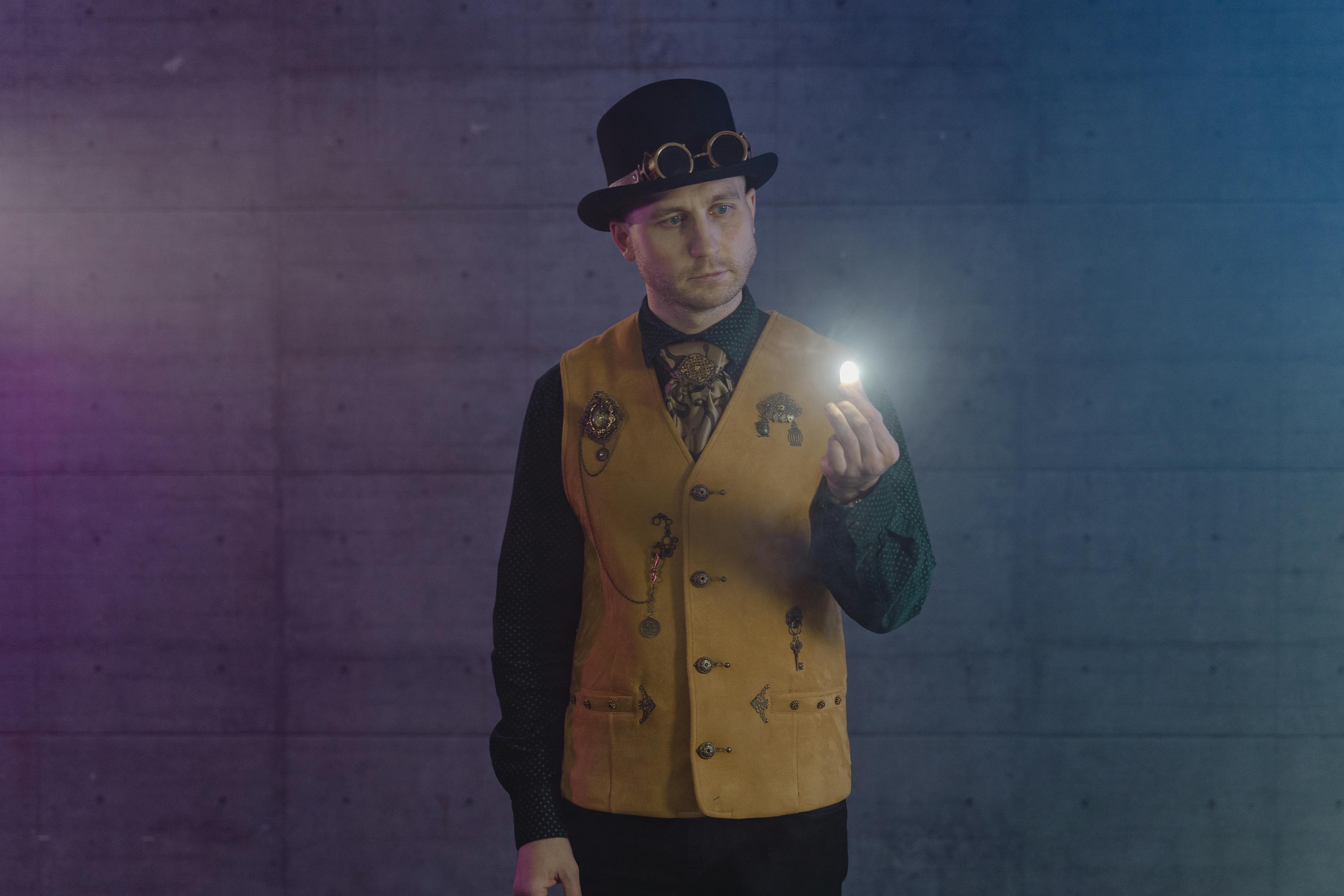You don’t want to be one of the 37 million people in the US who have chronic sinusitis. More is spent on sinus medicines than on asthma medicines. About 400,000 sinus surgeries are performed each year. Many of these are repeat surgeries. However, preventing and curing sinus disease is often very effective if you know what works. As I have written two books on sinus prevention and treatment, the latest being Get Rid Of Sinus Problems And Allergies Permanently, and have published over 30 articles in medical journals on this topic, I think I can help you.
Many of my patients are divers and pilots. They cannot take most sinus medications. So, I try in a drug free way when I can.
In the nose and pulmonary system are millions of microscopic “hairs” called cilia. These beat at a speed of 14 pulses per second in order to expel bacteria and viruses. When they slow down, bacteria can multiply. Postnasal drip occurs when the cilia slow down and allow the mucus layer to move too slowly. Note: in acute allergy, the cilia are accelerated: the nose runs. But in the late stage of allergy, when the cilia are exhausted, then the cilia become sluggish and a sinus infection can result. That is why it is so important to maintain a good movement of the cilia.
Step one; Prevention. Don’t blow your nose forcefully. Forceful nose blowing can move infected material into the uninfected sinuses or into the ear. Ward off a common cold by bed rest and copious amounts of tea, lemon and honey. These help restore the nasal cilia that move bacteria out of the nose.
Second step; Do not take an overdose of medication. At the sign of a cold, do not rush to the pharmacy for cold pills, syrups, cough syrups. Your best medicine is rest and tea, lemon and honey. The tea must be green or black, with or without caffeine. Rest and sleep well.
Just as important, be sure to fill the prescription your doctor gives you. The worst thing a patient does is stop the antibiotic when they feel better. This allows bacteria to develop resistance to antibiotics.
Step three; Improve your immune factors. Don’t get cold. Don’t let anxiety and worry lower your immunity. Try to relax and smile. Instead of worrying about being sick (the more you worry, the sicker you get), listen to upbeat music and Broadway musicals. Watch comedies that make you laugh. Good sleep is vital. Yogurt and probiotics help your immune system.
Step four; If you have chronic sinusitis, ask your doctor about the use of pulsatile irrigation.
This is a saline irrigation that pulsates at a rate that simulates the nasal cilia moving at a normal rate. When the cilia move correctly, they carry bacteria out of the nose. Pulsatile irrigation is especially useful for removing bacteria and biofilm, and does not present reflux problems. The less bacteria there are in your sinuses, the better chance you have for natural healing to get rid of your sinus problem. Other means to stimulate good movement of the cilia is to sing “ooooommmmm” in a low tone. Jumping jacks and jumping rope do this too.
Avoid pollen and dust. Protecting the bedroom against dust helps. Keeping the nose moist – pulsatile irrigation and nasal gels and moisturizers in the bedroom.
Avoid squeezing bottles and jars that have reflux. Patients with chronic sinus disease have been found to use bottles that are contaminated due to the reflux problem.
Step Five; Other Helps: Plants pollinate at 5 AM and 5 PM, so keep bedroom windows closed at that time. If you suspect pollen is a factor, use the Pollen Calendar at http://www.pollen.com to help you diagnose which pollen is bothering you. Once you know what it is, you can use OTC NasoCrom for prevention. If you’re stuck behind a diesel bus, your nasal cilia will slow down, so be sure to rinse them when you get home. Same for industrial toxins like formaldehyde, copper dust and others.
Avoid the smoke from diesel buses. These can really knock out your defense system. If you’re cleaning grandma’s dusty old garage, wear a dust-filtering mask. If you’re painting or spraying, make sure the room is well ventilated, or better yet, do it outdoors. This is because overwhelming exposure to chemicals can make your system hypersensitive.
Avoid heating in a new trailer. In a new trailer, the heat will cause a large release of formaldehyde. If the unit is closed, you can get poisoned by this. This happened to Katrina refugees who were housed in new trailers for the winter. Good ventilation is always important.
From Get Rid of Sinus and Allergy Problems by Murray Grossan, MD Copyright 2009
